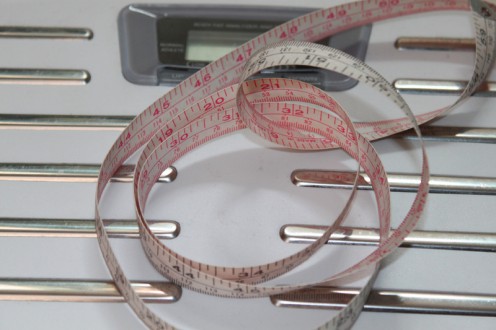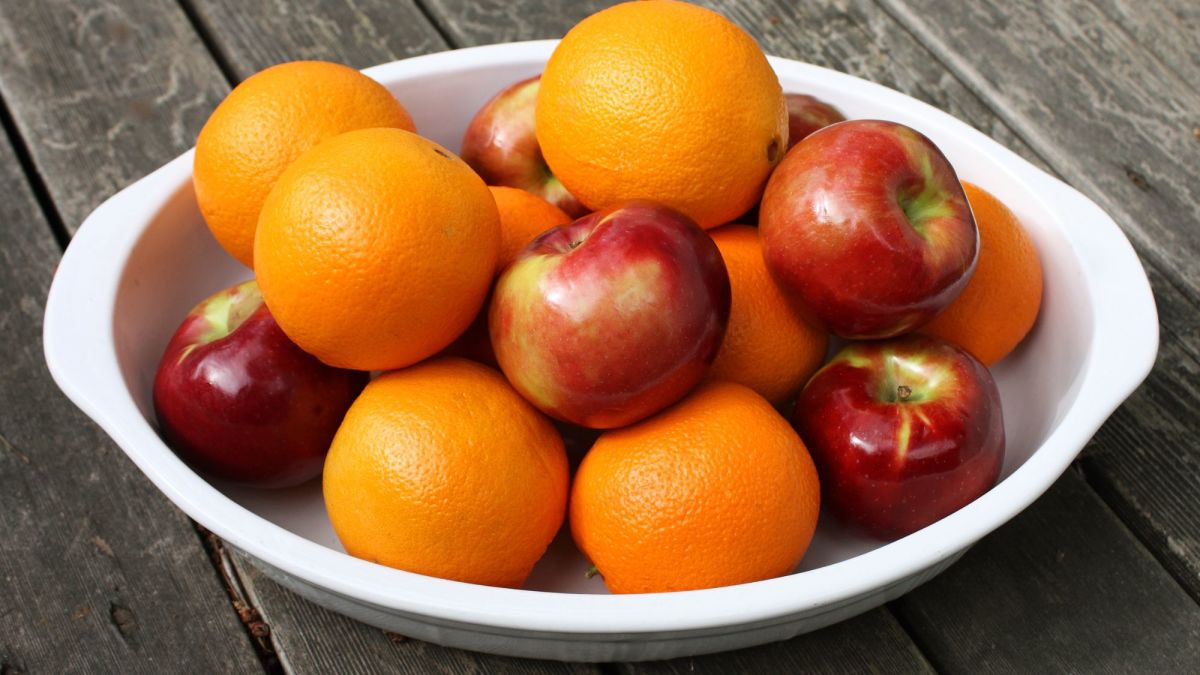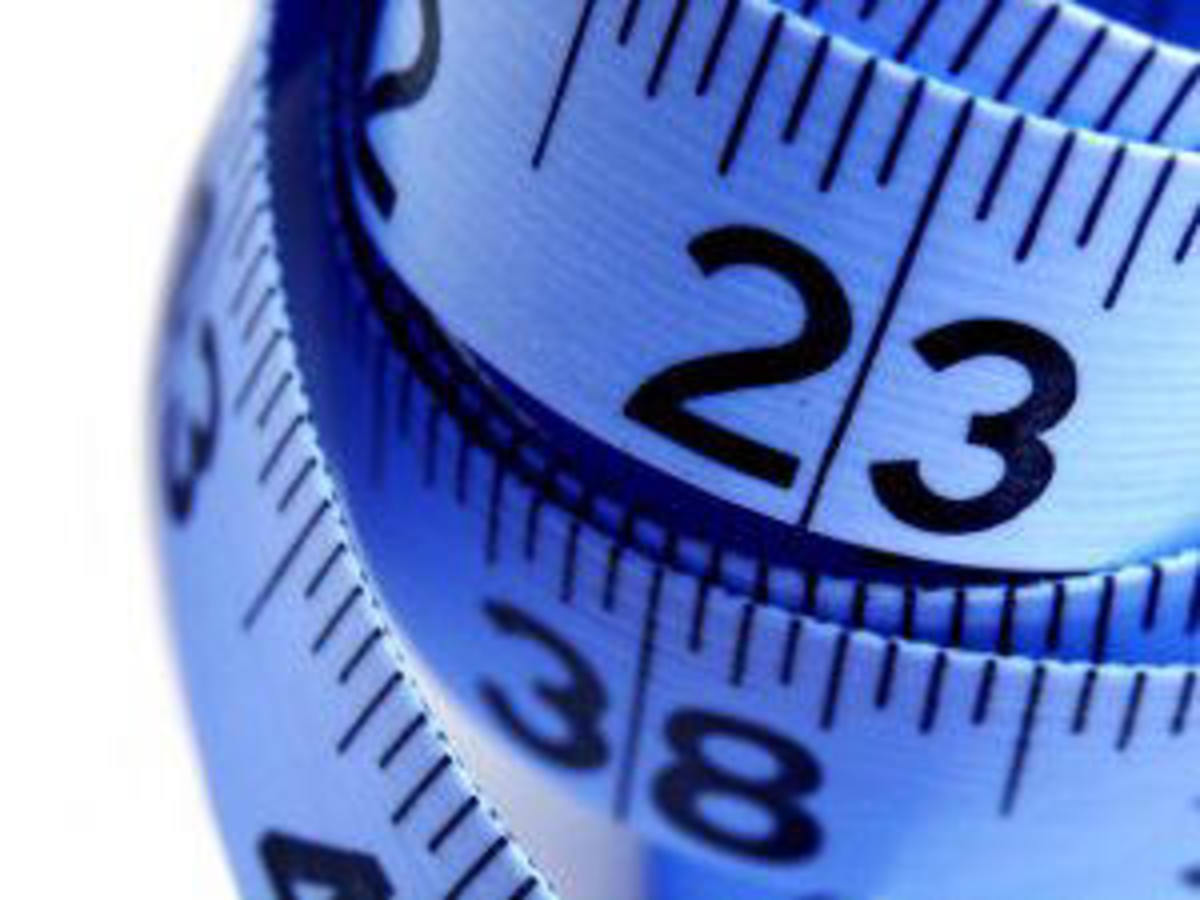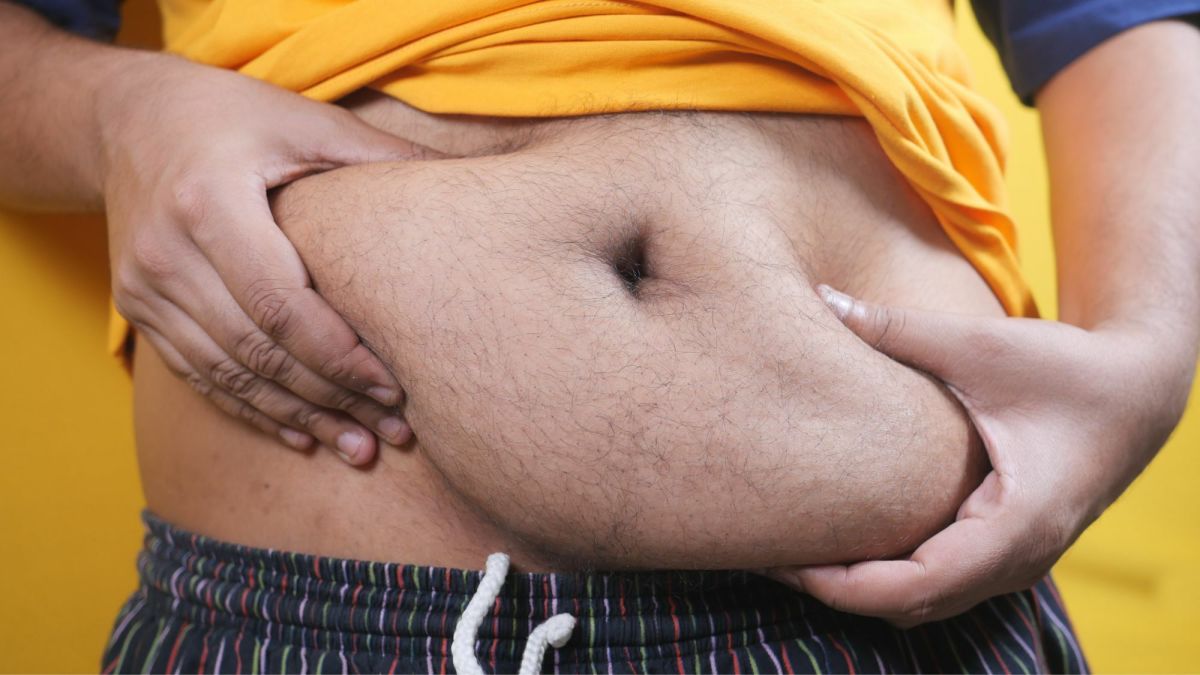Healthy Weight Loss and Weight Management Tips

Achieving healthy weight loss or maintaining body weight
management can be quite challenging. We all know the routine, that we need to
watch what we eat and increase our activity levels. These are the obvious when
it comes to weight management tips. However, finding specific steps that are
fitting to us can often leave us frustrated or overwhelmed. No matter what diet
you decide to go with, maintaining a healthy eating routine is the center of
any body weight management routine. Here
are some simplified suggestions that can help when it comes to understanding
how our food intake can make a difference in our efforts to manage weight.
Eat without distractions
To help manage weight, remove as many distractions as you can while eating. Distractions such as watching television, working on the computer, reading, or other multi-tasking activities reduces your awareness of being more in tune with your bodies’ signals that you’ve had enough to eat. When we are distracted from being able to be in tune with our bodies’ signals, we could end up consuming 2-3 times more food than we actually need.
Don’t rush when you eat. It takes 20 minutes for your stomach to send the message that you’ve had enough to eat to get to your brain; eating to quickly can have us going back for more servings than we need. Enjoy each bite of food; notice every flavor and texture of your food. Also take note of the ingredients within the dish that you consume in order to be more aware of the amount of calories, nutrition, and fat contained in what you eat.
Notice if you eat
differently based upon the time you eat, where you eat, who you are around,
your emotions, etc. Notice when your body is no longer fully enjoying the bites
you take, yet you may still consume more anyway. Being aware of this
information can help you to see specific patterns in your eating habits in
order to understand what areas you need to pay more attention to for healthy
weight loss.
Don't skip meals
Many people believe that by skipping breakfast or any other
meal, that they are cutting calories in order to help them lose or manage weight.
The fact is, is that when we skip meals our bodies go into deprivation mode and
immediately turn any food we do consume into a fat storage to utilize later. Our
body may not use all of that storage, but it is there for use when food is not
so abundant. Also, when we skip meals, we tend to consume more calories later by
getting larger servings at meal time or through consuming high calorie snacks.
To maintain healthy weight loss, it is actually healthier to
consume 4-5 small meals a day than to consume a couple of larger meals per day.
Be sure not to wait more than 5 hours in between eating and allow yourself to
become too hungry. Eating smaller
portions of food several times a day raises the bodies’ metabolic level and
also reduces becoming overly hungry, which is when we tend to overeat and
consume higher amounts of calories. Our
daily meal times should consist of eating breakfast, a mid-morning snack,
lunch, a mid-afternoon snack, dinner, and maybe even a light evening snack. Be
sure to watch the serving/ portion sizes that you consume.
Increase fiber, reduce fats & processed foods
The best weight management tips we often here are to increase our servings of fruits and vegetables. Consume 4-5 cups of fresh fruits & vegetables, and 1 ½ cups of whole grains/beans each day. These items all contain fiber that help to fill you up while taking in lower amounts of fats and calories.
For weight loss management, keep your total fat intake under 30%. The fats you do consume should be mostly from monounsaturated fats, such as olive, canola, peanut and avocado oils; polyunsaturated fats that come from safflower, corn & soybean oils; and no more than 10% of your fat intake should come from animal fats or tropical oils.
Greatly reduce your intake of processed foods. Processed
foods are canned or boxed foods that have been striped of many nutrients and then
replaced with many additives and chemicals. Many of these additives and
chemicals contribute to weight gain and are unhealthy to consume on a regular
basis.
Use a calorie counter
To help with your body weight management, get a calorie/activity
tracker that helps you to determine your eating habits, activity levels, and
where you need improvements. MyPyramid.gov offers a free “MyPyramid Tracker”
and other interactive tools to help with tracking your food and activity
levels. Other free calorie and nutrition
trackers include: my-calorie-counter.com and myfitnesspal.com, just to mention
a few.
Stay well hydrated
Drink 64-80 ounces of water per day to help with body weight
management. Not being well hydrated can slow down your metabolic rate and lead
to unnecessary eating, as feeling thirsty can often be confused as feeling
hungry; leading us to eat when really, we just need to drink water.
Enjoy your favorite foods... in moderation!
This is my favorite of all weight management tips… allow yourself to consume the foods that you enjoy in moderation. Enjoying proper portions of these foods occasionally can help to prevent you from feeling deprived of them, which can serve to help you to stay on track with the greater portion of your healthy eating changes. Feeling too restricted from these foods all together can lead to over indulging later, which leads to feelings of remorse and set backs in your body weight management goals.
Burn those calories
Burn 250 calories a day with activities such as:
-Take a brisk 40 minute walk or hike
-Jog for 20 minutes
-Biking, aerobics or swimming for 30 minutes
-60 minutes of house cleaning
-45 minutes of light gardening/yard work
-30 minutes of weight lifting/ vigorous sports
Related Hubs
- Making a Transition to Become a Healthy Vegetarian
Understand that you can’t go from meat eater to salad eater and believe you’ve made your transition to being a vegetarian. - Food Remedies that Reduce Symptoms of PMS
Premenstrual symptoms can be affected by what we consume and can determine whether our PMS symptoms tend to be more difficult or mild to endure. Here is some information about every day foods that can serve as remedies for PMS, as well as foods that - The Battle of High Fructose Corn Syrup and Eating Healthy
Corn contains fatty acids that are difficult for our bodies to process and for our liver to filter. There are many processed foods that we consume which contain corn products that could be contributing to the obesity and health issues in America toda










